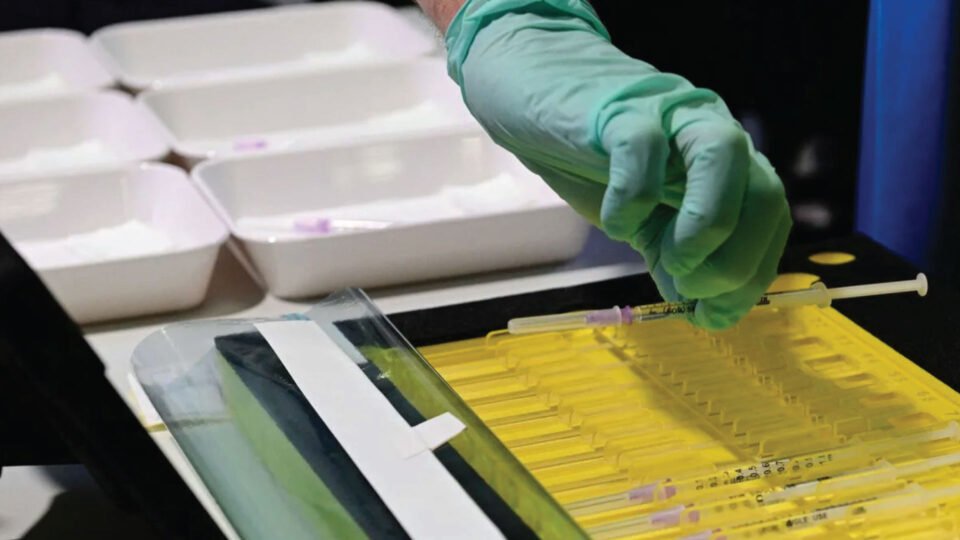Prior Authorization for Critical Biomarker Test Leads to Treatment Delays For Cancer Patients
Biomarker testing is a necessary tool in the advancing world of precision cancer treatment. According to a new survey released today by CancerCare, a leading national cancer support organization, biomarker testing helped doctors tailor therapy for nearly all the respondent patients (93%) whose cancers were tested over the past three years. Two in 10 cancer patients (20%) surveyed were able to avoid unnecessary chemotherapy and/or radiation and 10% became eligible for a clinical trial.
Despite the significant and demonstrable benefits to surveyed patients, three out of 10 respondents (29%) who received biomarker testing did not have the test covered by their insurance. Some survey respondents reported that biomarker test coverage was originally denied and they had to fight to get it covered. Others had to find ways to pay out-of-pocket or seek financial assistance to cover the cost of the testing.
Unfortunately, health insurance plans often limit cancer patients’ access to recommended biomarker testing, impose burdensome prior authorization protocols, or require unaffordable cost-sharing, which can prevent or delay cancer patients’ access to optimal treatments. Prior authorization, a significant source of roadblocks to timely testing and treatment, was required by a quarter (25%) of the cancer patients surveyed.
Biomarker testing has been proven to be extremely valuable in identifying the most effective therapy for eligible cancer patients because it helps them receive the right treatments at the right time while also saving money and leading to better outcomes. However, there are still gaps in health insurance coverage for this crucial test. Patients and physicians may be required to jump through hoops to get authorization and then, the cost sharing can be prohibitive.
“Despite the fact that biomarker testing has dramatically changed the way cancer is diagnosed and treated, many insurers do not provide adequate coverage for the test,” said Patricia J. Goldsmith, CEO of CancerCare. “Employers that don’t sufficiently cover this testing in their insurance plans create a real risk that their employees will not receive the most effective, and sometimes, lifesaving therapy.”
Eleven states have enacted or are about to enact legislation mandating that health plans cover biomarker testing for cancer patients. The good news is that 18 more states have introduced biomarker coverage legislation, with the goal of requiring that state-regulated public and private health plans provide consistent coverage for this testing.
Biomarker Testing is a Health Care Equity Issue
Biomarker testing is increasingly a health care equity issue according to data from recent studies. Research published by the American Society of Clinical Oncology shows significant gaps in the rate of biomarker testing between Black and white lung and colorectal cancer patients, which can lead to disparities in clinical trial participation and hinder access to the most effective treatments. A key way to address these barriers is to broaden insurance coverage of biomarker testing, as recommended by medical experts.
To help those involved in benefit design make optimal decisions about covering cancer biomarker testing for their employees, CancerCare recently released the Employer Toolkit on Biomarker Testing.
Visit AITechPark for cutting-edge Tech Trends around AI, ML, Cybersecurity, along with AITech News, and timely updates from industry professionals!

